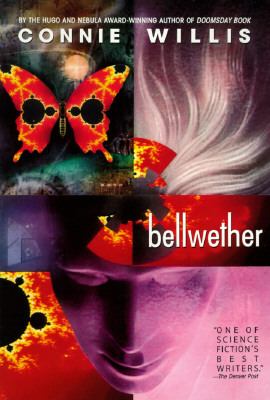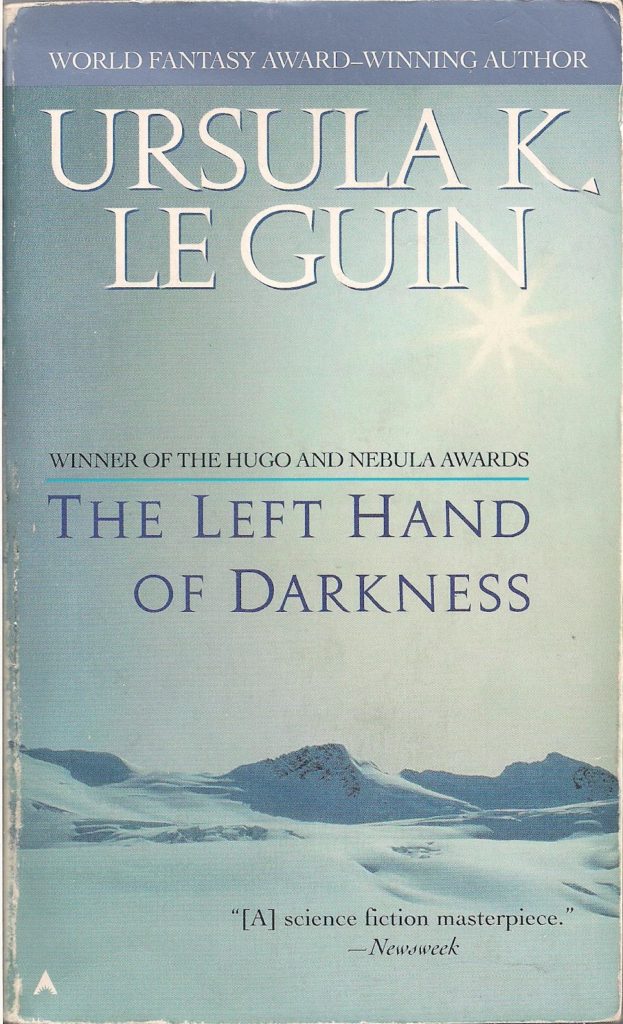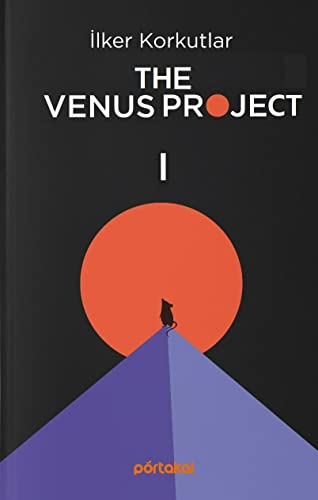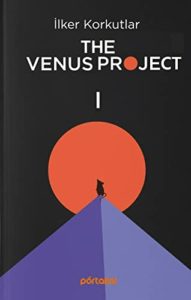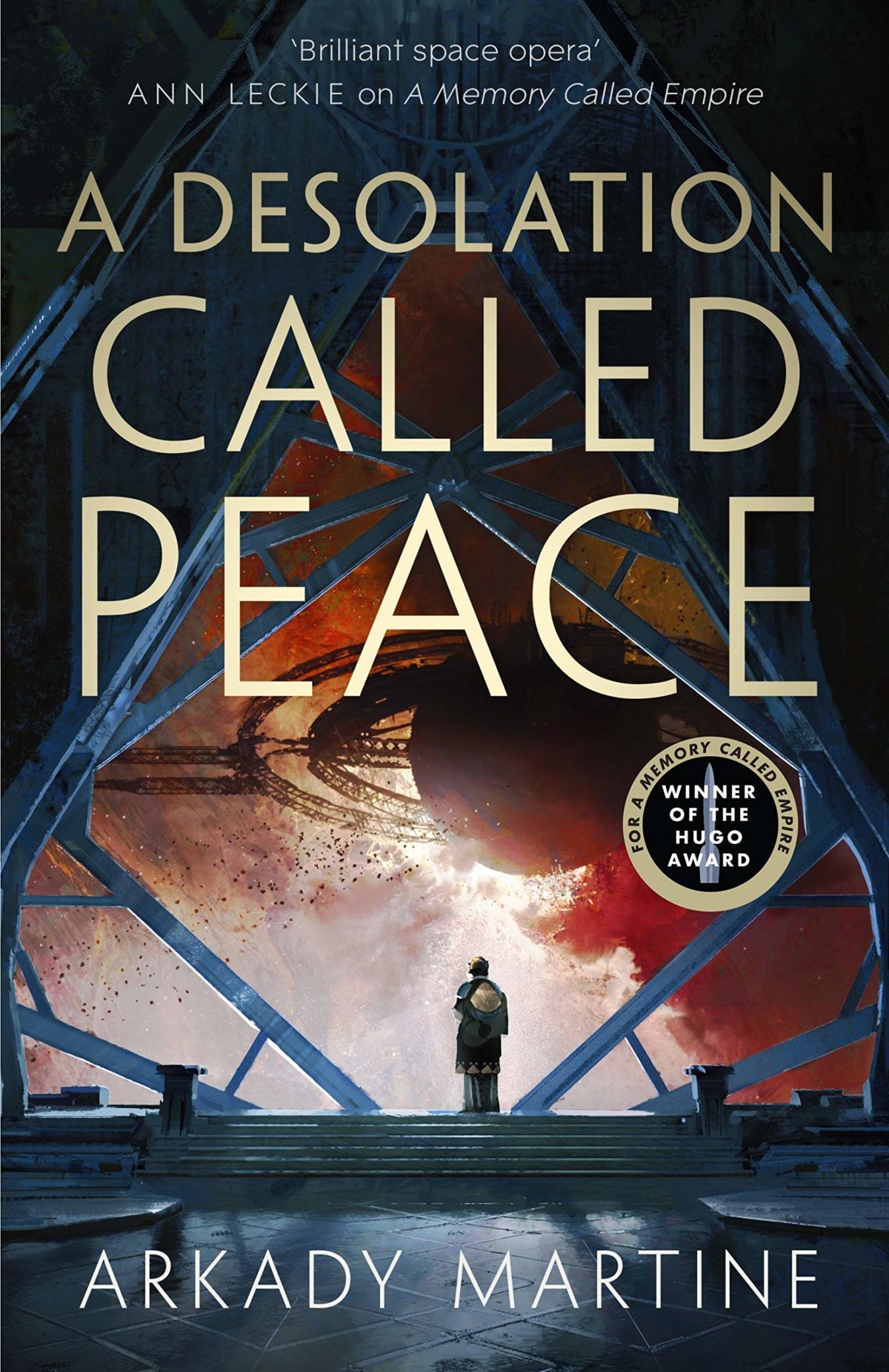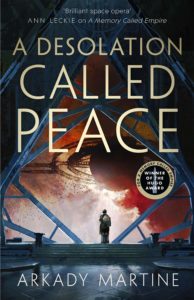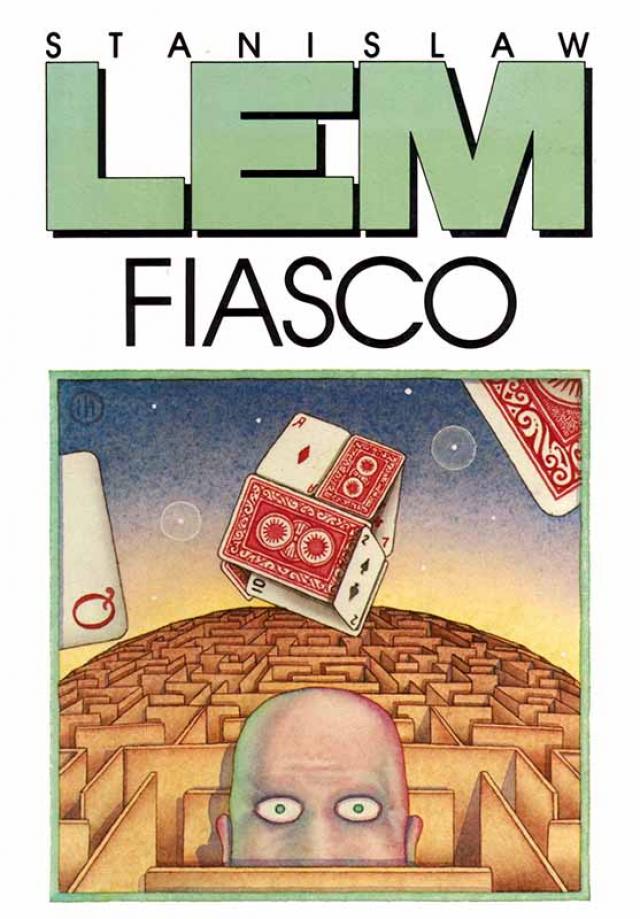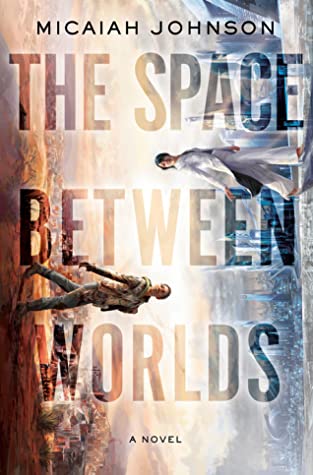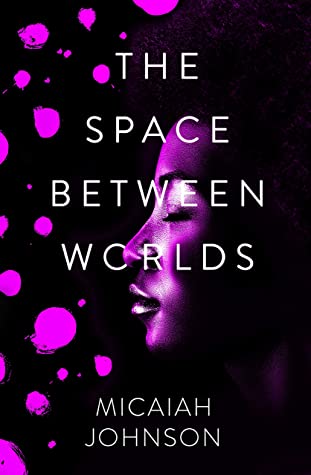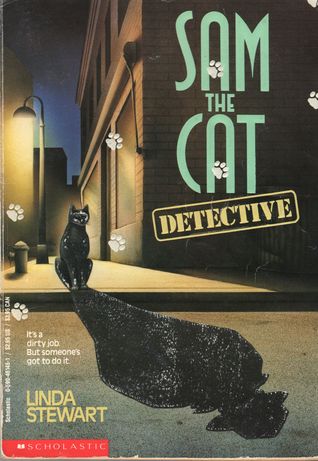I picked up Bellwether entirely on a whim. I was at The English Bookshop in Stockholm with time to kill and I recognized Connie Willis’s name from The Doomsday Book, which I had enjoyed immensely in high school. Chaos theory? Sheep? Sure, why not!
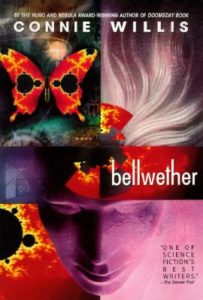
I don’t quite regret reading this, since Willis is a wordsmith par exellence and the story itself is breezy and cute. Our narrator is a scientist at your generic corporate research lab, researching fads and their causes. A series of events lead her to meet and collaborate with another scientist focusing on chaos theory. There’s a lot of snark, a lot of mishaps, but eventually our heroine winds up with her hero, wins the grant, and comes to a breakthrough in her fad research, all in one fell swoop. It’s a science fiction screwball comedy.
But Bellwether is also a very dated book. A brash young person once asked Connie Willis to put out her cigarette in the 90s and she decided to write a whole book about it. Okay, I can’t know that happened, but it sure seems like it. Willis’s bile for The Youths and the anti-smoking movement, at first incidental in the story, become pervasive and inescapable through lines that make a lighthearted romantic comedy much less palatable. (I complained about this to my boyfriend, who was willing to cut Willis some slack…but then he picked up the book and opened to a random page and immediately lighted upon a rant about smoke-free environments. “Oh, I see what you mean.”) The Youths see some redemption in the end, from a narrative perspective, but the rage and incidental conflicts stemming from smoke-free workplaces are entirely irrelevant to the plot. And the rage is palpable.
Nor has time been kind to that particular element of the book. The narrator (and, presumably, Willis) write off the anti-smoking movement as a fad on par with Kewpie dolls or prohibition, which is a weird thing to read 25 years later, now that fewer people smoke and that the anti-smoking public health campaign seems to have made a permanent cultural difference. It’s enough to make me wish that someone would put out a revised edition of Bellwether with all the screeds about not being allowed to smoke edited out. More than Power Rangers, fax machines, or Barney, that’s what dates the book the most, and is the one thing that keeps me from recommending the book wholeheartedly. It’s not hurtful or offensive, it’s just embarrassing. Go read Doomsday Book instead, it makes a much better first impression.

